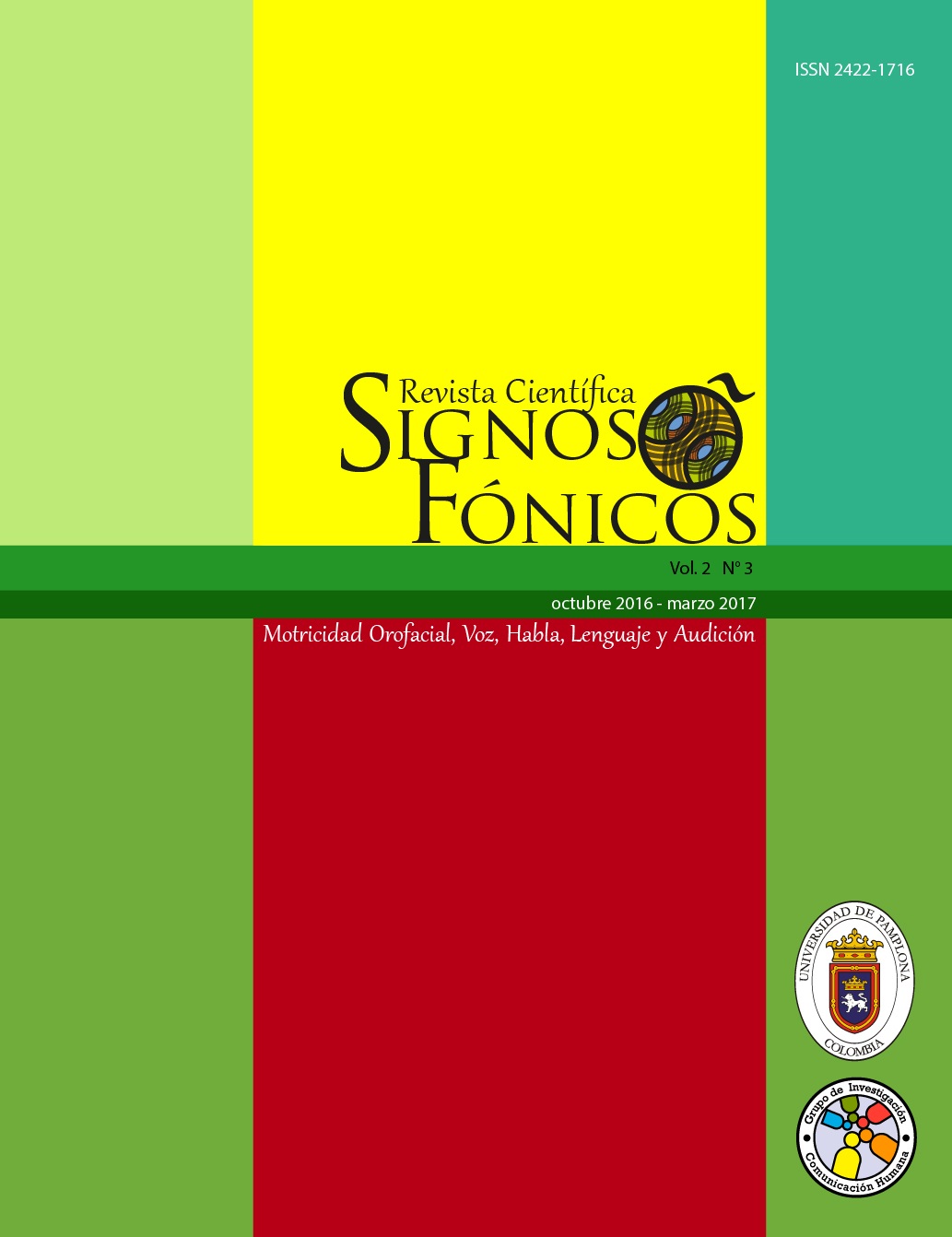Education for Diversity
DOI:
https://doi.org/10.24054/rcsf.v1i3.2086Keywords:
Education, diversity, incorporation, sampling, informed assent, interviews.Abstract
INTRODUCTION: diversity must be seen as a social phenomenon, in this regard should include not only the institutions but community life itself, the aim of this paper is to document from the voice of the educational actors attributable constructs meaning to the concept diversity in a educational Institution at the city of Cucuta. METHODS: This work is done from the qualitative paradigm, his focus is Grounded Theory, implementing techniques such open and semi-structured interview, open, axial and selective coding, memoranda and focus groups. RESULTS: The main categories associated with the concept of diversity were culture, gender, race, socioeconomic sta-tus, difference and discrimination. ANALYSIS AND DISCUSSION. Diversity is constructed linked to a foreign territory as opposition to ourself, so the actors do not conceptualize the category as tehyself. CONCLUSION: recognition of diversity itself is a strategy for articulating the principles of fairness and equal opportunities within the Colombian educational system, so when foreclosu-re actions lies hidden operated
Downloads
References
Martínez M. La investigación cualitativa. Iipsi. 2006; 9(1).
Strauss A, Corbin J. Bases de la investigación cualitativa. Técnicas y procedimientos para desarrollar la teoría fundamentada. primera ed. Medellín: Universidad de Antioquia; 2002.
innsz.mx. [Online]. Available from: http://www.innsz.mx/descargas/investigacion/consentimiento_informado.pdf.
Murillo J. uam.es. [Online]. Available from: https://www.uam.es/personal_pdi/stmaria/jmurillo/Met_Inves_Avan/Presentaciones/Entrevista_(trabajo).pdf.
Cantero D. Teoría fundamentada y Atlas.ti: recursos metodológicos para la investigación educativa. Scielo. 2014 Agosto; 16(104-122).
Trinidad A, Jaime A. Meta-análisis de la investigación cualitativa. Revista Internacional de Sociología. 2007 Mayo-Agosto; 65(47).
Castro M, Castro L. Hacia una correcta comprensión de la metodología cualitativa. UCM. 2002; 39(2).
Strauss A, Corbien J. Bases de la investigación cualitativa. Técnicas y procedimientos para desarrollar la teoría fundamentada Medellín: Universidad de Antioquia ; 2002.
http://www.rieoei.org/oeivirt/rie05a01.htm- REVISTA IBEROAMERICANA DE EDUCACIÓN, NUMERO 5, CALIDAD DE LA EDUCACIÓN, MAYO-AGOSTO 1994.
(Lindqvist, 1994), pagina 579, 580, 581, libro EDUCACION BASICA E INCLUSION: UN ESTUDIO DE REPRESENTACIONES SOCIALES.
PROYECTO EDUCATIVO INSTITUCIONAL P.E.I. “APRENDIENDO PRODUCTIVAMENTE” Colegio Bicentenario de Cúcuta.
Guía de educación inclusiva. PROGRAMA DE EDUCACIÓN INCLUSIVA CON CALIDAD “CONSTRUYENDO CAPACIDAD INSTITUCIONAL PARA LA ATENCIÓN A LA DIVERSIDAD.
La Problemática de la Representación Social y su Utilidad para los Estudios de Salud y Enfermedad. Mará Viveros v.
Lineamientos de política para la atención educativa a poblaciones vulnerables. Ministerio.MINISTERIO DE EDUCACIÓN NACIONAL. DIRECCIÓN DE POBLACIONES Y PROYECTOS INTERSECTORIALES. Pág. 5
Downloads
Published
How to Cite
Issue
Section
License
Copyright (c) 2015 Edwin Portilla , Lesly Bohorquez , Angie Barboza , Erlys Avila , Ingrid Marin , Jannier Guerrero , Danny Bonilla , Surith Guevara

This work is licensed under a Creative Commons Attribution-NonCommercial-ShareAlike 4.0 International License.











